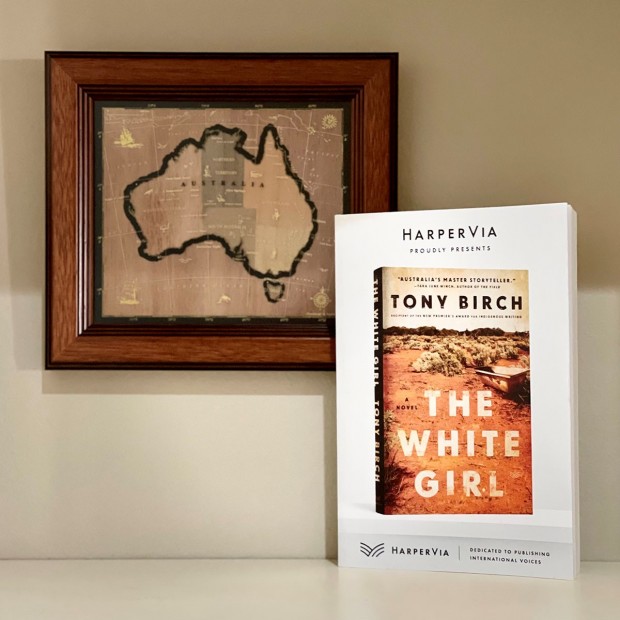Armchair Travels

This week I am suggesting books that will allow readers to armchair travel to places outside the United States. I love reading books set in far-off locales and learning more about that particular place. Enjoy your travels!
Audrey Hepburn in Paris by Meghan Friedlander and Luca Dotti – Meghan Friedlander, curator of the fan site Rare Audrey Hepburn, and Audrey’s son Luca Dotti worked together to craft this beautiful book about Hepburn and her personal connection to Paris. Each chapter focuses on a different characteristic of Paris that made it appeal so much to Audrey, from haute couture to some of her famous films to the quiet times she spent there just enjoying the city. The book is chock full of never-before-seen photographs and little-known stories about Hepburn and her connection to the City of Lights.
The Collector’s Daughter by Gill Paul – Inspired by actual events, this historical fiction novel follows Lady Evelyn Herbert, daughter of the Earl of Carnarvon, the only female present at the opening of Pharoah Tutankhamun’s tomb in November 1922 and the first person to enter the tomb in over 3000 years. 50 years later, an Egyptian academic shows up with an agenda of her own to interview Lady Herbert about what really happened when the tomb was discovered. Paul wraps in the mysterious curse surrounding King Tut’s tomb and the issue of who should own the artifacts that are discovered while vividly recreating 1920s Egypt and placing the story in its historical context. I raced through this compelling novel and did not want it to end.
Peach Blossom Spring by Melissa Fu – This multi-generational tale begins in 1938 China when Meilin and her four-year-old son Renshu must flee the rapidly approaching Japanese Imperial Army. The one solace amid the hardship is their beautifully illustrated scroll containing ancient fables; this manuscript provides them hope as they are forced to move from place to place across China, then to Taiwan, and eventually to the United States. Spanning decades and continents, this gorgeous historical fiction saga reveals that one’s past is never quite forgotten and that physically leaving a place does not erase the mental scars.
When We Were Young & Brave by Hazel Gaynor - In this compelling novel, Gaynor brings to life the story of a group of teachers and students at a British-operated missionary school in Chefoo, China. Inspired by a true story, When We Were Young & Brave chronicles this group’s experience as captives of the occupying Japanese army during World War II. When Japan declared war on Britain and the United States, the Japanese forces took control of the Chefoo School and its inhabitants and eventually moved the group to a Japanese internment camp, requiring the teachers to help their students weather unimaginable adversity. Gaynor vividly portrays the horrors of war, life in captivity, the resilience and optimism of humans, and the importance of relationships.
The White Girl by Tony Birch -The White Girl is set in the 1960s rural Australian town of Deane, a fictional town representative of every small town in Australia. Odette Brown and her fair-skinned granddaughter Sissy live in the Aboriginal section of the town, Quarrytown, and are subject to the restrictions placed on them by the welfare authorities. When a new policeman arrives, Odette realizes that Sissy is in danger of being taken from her with absolutely no recourse on Odette’s part; during this time period Aboriginal people could not be Australian citizens nor make basic decisions for themselves such as when and where to travel, or what job to hold. While Birch does a thorough job explaining what it was like to live as an Aboriginal person then and the countless hardships they endured, he weaves these heartbreaking details into a beautiful tale of family and the lengths people will go to in order to protect each other. I loved Odette, and her strength and perseverance against all odds have stayed with me.
For more book recommendations and bookish thoughts, see Cindy’s monthly Buzz Reads column, her Thoughts from a Page Podcast or follow @ThoughtsFromaPage on Instagram. Find upcoming Conversations from a Page events here.
Want more buzz like this? Sign up for our Morning Buzz emails.
To leave a comment, please log in or create an account with The Buzz Magazines, Disqus, Facebook, or Twitter. Or you may post as a guest.



